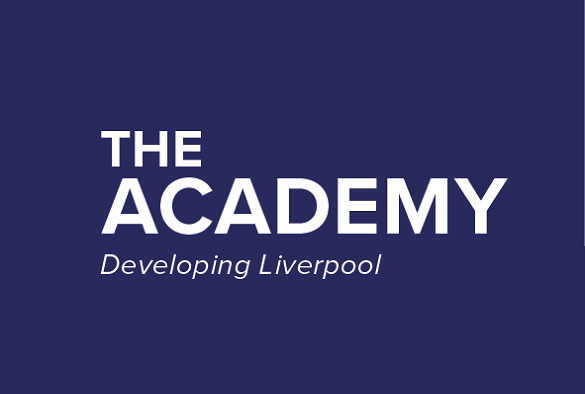We are proud to celebrate the hard work and achievement of our latest cohorts of participants who have successfully completed their Postgraduate Certificate in Academic Practice (PGCAP), Postgraduate Diploma Academic Practice (PGDAP) and their Master of Arts Academic Practice (MA AP).
With a commitment to learn and achieve, each of our participants has reached a milestone in their learning journey through our programmes.
We are incredibly proud of what our participants have accomplished. Congratulations to all our programme completers, and we look forward to seeing what you achieve next.
Reflections from some of participants on the programmes:
PGCAP
It has had an impact in so many ways. It has helped me to reflect on my teaching and also think more about the curriculum and my own assessment of students. It has definitely helped build my confidence as an academic.
PGDAP
It has surprised me about how much I have learned on the programme and how relevant it is to my current job role. It has opened my eyes to future areas for development. I look forward to moving on to the MA AP.
MA AP
I commenced the PGCAP as a compulsory requirement of my teaching contract but soon discovered that the diverse content delivered through patches was both accessible and versatile in terms of developing new skills and experience. I used the patches to explore wider team issues as well as my own teaching. This resulted in solutions that could be implemented, giving added value to my practice.
I decided to continue with the PGDAP as part of my career development and journey towards promotion, and I found the creation of a Leadership Development Plan particularly useful. Undertaking a digital case study also enabled me to investigate challenging aspects of my administration roles leading to potential solutions in a process which enhanced my professional development as part of my academic practice.
The final part of the MA Academic Practice has been very rewarding and my dissertation, researching academic identity in T&S staff through a Bourdieusian lens, has been beneficial in identifying potential for new interdisciplinary collaborations. I have also been able to build a network of colleagues across different disciplines throughout the MA AP, and it has been nice to complete the programme together. Overall, I would not hesitate to recommend these programmes to others.
